For decades, scientists have viewed aging as an inexorable march toward biological decline. But groundbreaking research in epigenetics now suggests we may one day modulate this process through precise interventions. The emerging field of epigenetic reprogramming has revealed that aging clocks—the molecular signatures marking our biological age—can theoretically be reset, opening uncharted therapeutic possibilities.
At the heart of this revolution lies the discovery that cellular identity isn't permanently locked by our DNA. Chemical modifications to chromatin, collectively termed the epigenome, act as dynamic regulators of gene expression. These modifications accumulate errors over time, driving cellular dysfunction. Pioneering work by researchers like Dr. David Sinclair at Harvard has demonstrated that partial epigenetic reprogramming can restore youthful gene expression patterns in aged cells without erasing their specialized functions.
The safety threshold question has become the field's most pressing challenge. Early experiments with Yamanaka factors (OCT4, SOX2, KLF4, c-MYC) showed remarkable age reversal in mice but also triggered teratoma formation when overapplied. This delicate balance between rejuvenation and cancer risk has spurred investigations into transient, dose-controlled reprogramming protocols. A 2023 study published in Cell Stem Cell identified a 50% reduction in epigenetic age as the current upper limit for safe intervention in mammalian models.
Researchers are now mapping the "Goldilocks zone" for epigenetic resetting—enough to mitigate age-related damage but insufficient to induce pluripotency. Single-cell analyses reveal that different tissues exhibit varying susceptibility to reprogramming factors. Neurons appear particularly responsive to brief epigenetic modulation, while cardiac cells require more sustained exposure. This tissue-specific variability complicates systemic applications but also suggests opportunities for targeted therapies.
Beyond cancer risks, scientists are scrutinizing potential memory loss in reset cells. A controversial 2022 preprint suggested that overzealous epigenetic erasure might delete cellular "experience" accumulated through lifetime adaptation. However, subsequent studies at the Salk Institute demonstrated that properly calibrated interventions preserve learned cellular behaviors while removing damage-associated marks. The distinction between pathological and adaptive epigenetic changes remains an active research frontier.
Biotech companies are already translating these insights into therapeutic candidates. Altos Labs, backed by $3 billion in funding, is developing pulsed reprogramming regimens that briefly activate rejuvenation pathways before returning cells to their mature state. Their primate studies reportedly achieve 30-40% epigenetic age reduction without adverse effects—a potential first step toward human clinical trials. Meanwhile, academic labs are exploring small-molecule alternatives to genetic reprogramming, seeking compounds that mimic youth-associated chromatin states.
Ethical considerations loom large as this technology matures. The ability to manipulate biological age raises questions about equitable access and unintended societal consequences. Some bioethicists warn against viewing aging purely as a disease, while patient advocates emphasize the moral imperative to alleviate age-related suffering. Regulatory agencies are scrambling to establish frameworks for evaluating epigenetic therapies that don't fit traditional drug development paradigms.
As research progresses, the field is moving beyond simple age reversal metrics. Next-generation clocks now distinguish between different aspects of epigenetic aging—some tied to inflammation, others to metabolic dysfunction. This granular understanding may enable personalized reset protocols targeting an individual's most detrimental aging pathways. The ultimate goal isn't immortality but rather extended healthspan—adding vibrant years to human life while preserving the wisdom that comes with time.
The coming decade will likely determine whether epigenetic reprogramming transitions from laboratory marvel to clinical reality. With cautious optimism, the scientific community acknowledges both the transformative potential and sobering responsibilities of holding the clockwork of life. As one researcher quipped at a recent aging conference: "We're not trying to turn back time—just repair its leaky plumbing."

By /Aug 14, 2025

By /Aug 14, 2025

By /Aug 14, 2025
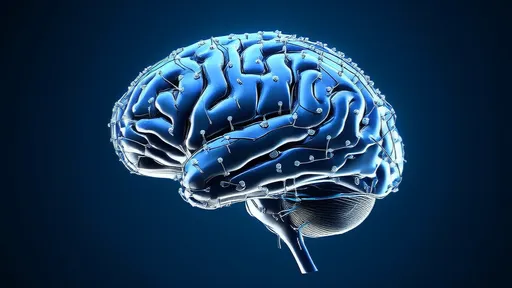
By /Aug 14, 2025
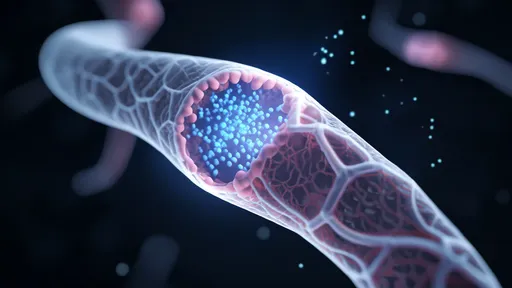
By /Aug 14, 2025
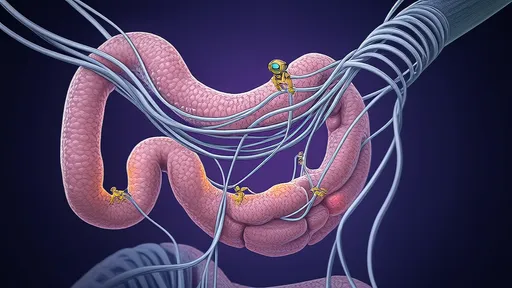
By /Aug 14, 2025
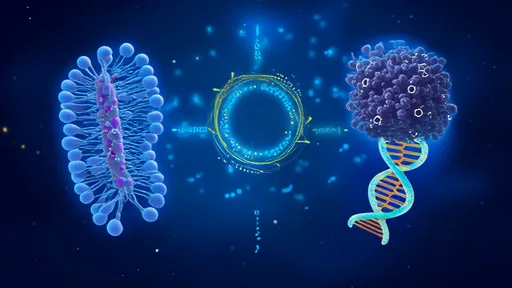
By /Aug 14, 2025
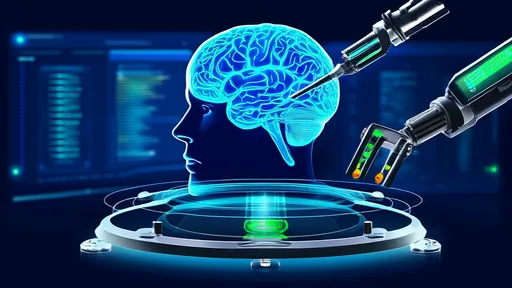
By /Aug 14, 2025
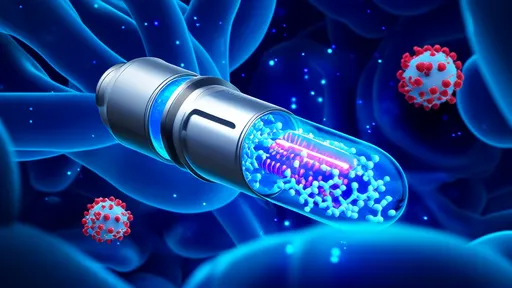
By /Aug 14, 2025
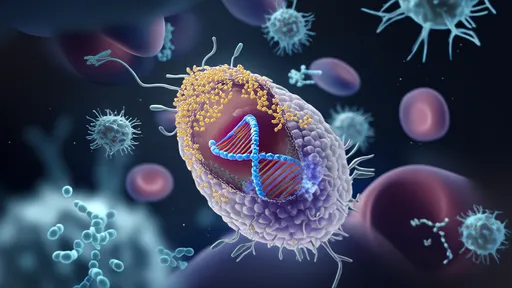
By /Aug 14, 2025

By /Aug 14, 2025

By /Aug 14, 2025

By /Aug 14, 2025

By /Aug 14, 2025

By /Aug 14, 2025

By /Aug 14, 2025
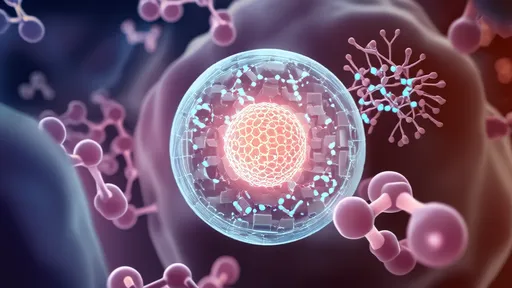
By /Aug 14, 2025

By /Aug 14, 2025

By /Aug 14, 2025

By /Aug 14, 2025